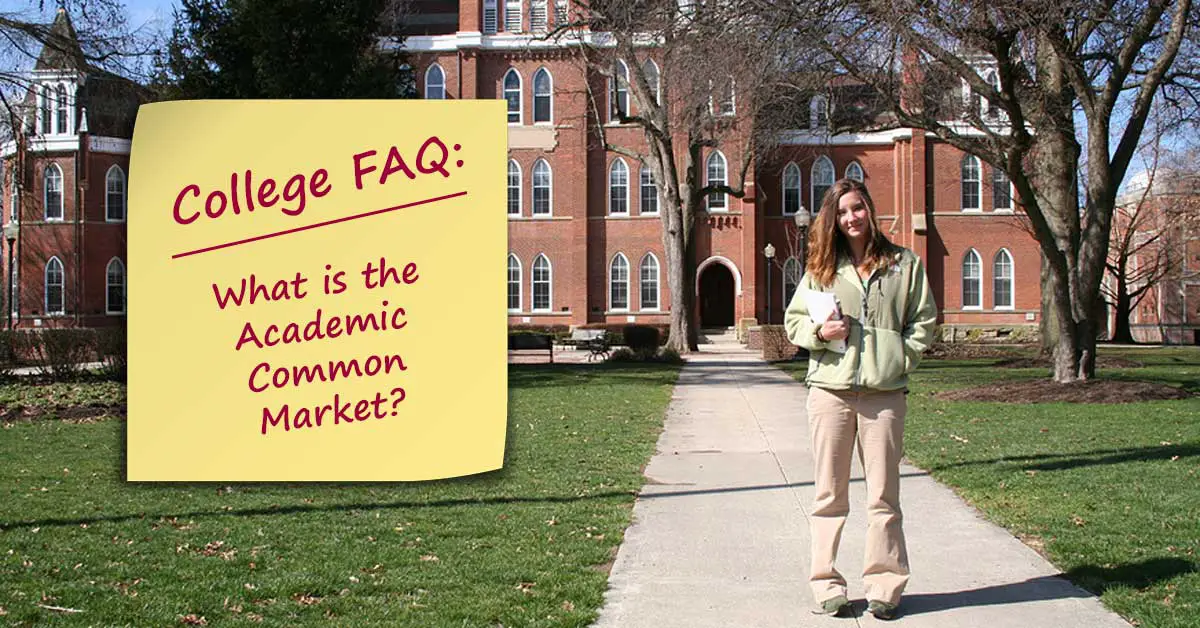 The Academic Common Market (ACM) is a program that allows students to pursue degrees not available in their state at out-of-state institutions but pay in-state tuition. There are 15 members of the Academic Common Market: Alabama, Arkansas, Delaware, Florida, Georgia, Kentucky, Louisiana, Maryland, Mississippi, Oklahoma, South Carolina, Tennessee, Texas, Virginia and West Virginia. Florida and Texas participate only at the graduate level and Texas does not include any online programs.
The Academic Common Market (ACM) is a program that allows students to pursue degrees not available in their state at out-of-state institutions but pay in-state tuition. There are 15 members of the Academic Common Market: Alabama, Arkansas, Delaware, Florida, Georgia, Kentucky, Louisiana, Maryland, Mississippi, Oklahoma, South Carolina, Tennessee, Texas, Virginia and West Virginia. Florida and Texas participate only at the graduate level and Texas does not include any online programs.
Not all public institutions in each state participate in the program. For example, the University of Texas at Austin does not participate but Texas A&M does as well at the UT Health Science Centers. The Academic Common Market website provides a list of member universities.
First-professional degree programs, such as law, medicine, dentistry, pharmacy and optometry, are not offered in the ACM and cannot be requested. Each state may impose other restrictions on applicants.
As an example of what is available, students from Arkansas would be eligible to enroll in Bachelor Degrees for Architectural Engineering at Oklahoma State University, Marine Science at the University of Alabama, Health Services Administration at the University of Memphis, Nanosystems Engineering at Louisiana Tech, or Aerospace Engineering at West Virginia University.
Other Regional Tuition Discount Programs:
New England Board of Higher Education
Midwest Student Exchange Program
Western Interstate Commission for Higher Education



2 thoughts on “FAQ: What is the Academic Common Market?”